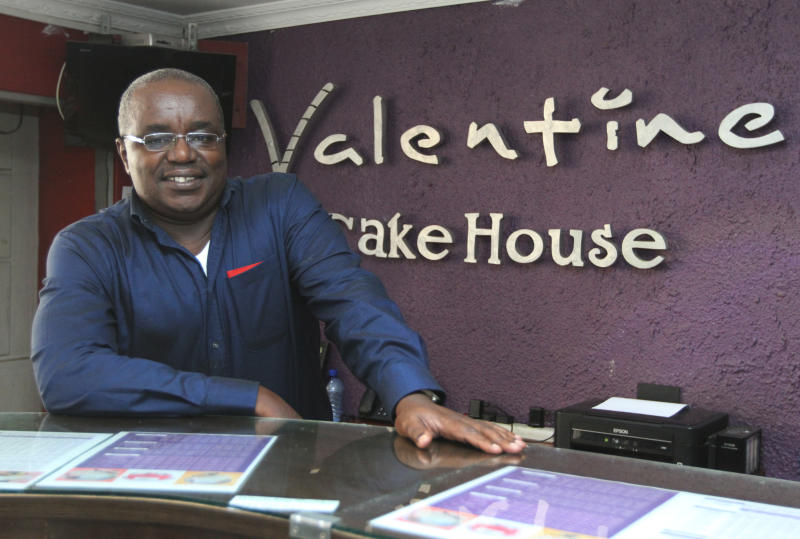×
The Standard e-Paper
Kenya’s Boldest Voice

Mathew Gathua is a high school dropout. Not out of choice, he points out, but because back then, fortunes were not smiling down on his family. But today, seated behind his desk with an array of trophies displayed on a table, one can tell that the fortunes have changed.
The award-winning baker behind Valentine Cake House is celebrating 20 years of excellence.